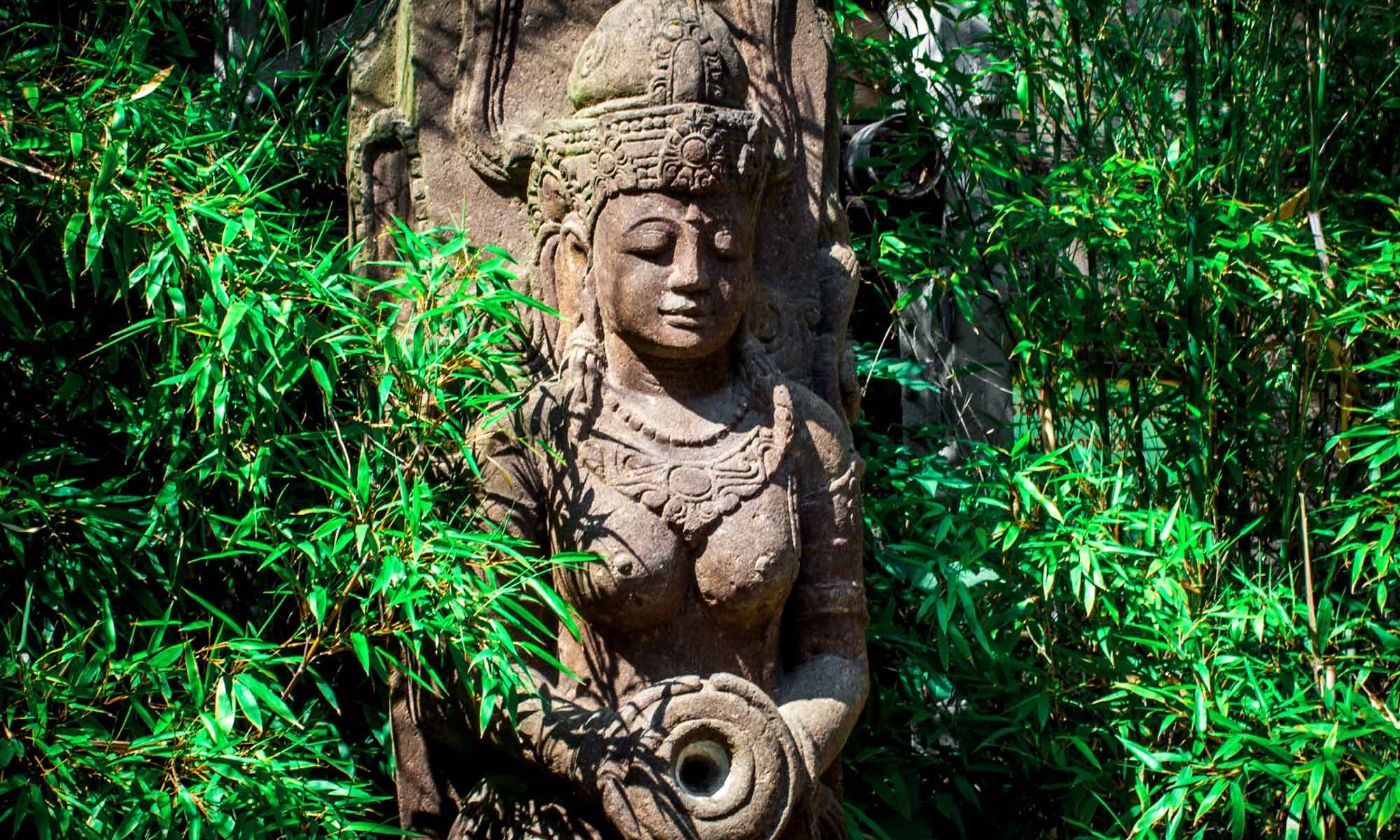by Lin Daniels, MA, Amazon Icon Foundation
“Better to build lifeboats than to wait for the Patriarchy-Titanic to listen to reason” was the emphasis of this year’s conference. It was an examination of what to do about the patriarchy-built looming global crisis. The conference was a feast for the mind and the heart as women from all over the world convened to find answers.
 The conference was held in the medieval town of St. Gallen, at the Town Hall. The old building was transformed by the art exhibitions. The photo exhibit by Siegrun Claaben gave glimpses of the New Matriarchal Mystery Festivals that began in 1983. They invoked the spirit of the time. “The 1000 PeaceWomen Across the Globe” exhibit displayed biographical postcards of women who have all profoundly changed lives on this planet for the better. Lydia Ruyle’s powerful banners graced all of the halls of the building. They set the atmosphere of the conference.
The conference was held in the medieval town of St. Gallen, at the Town Hall. The old building was transformed by the art exhibitions. The photo exhibit by Siegrun Claaben gave glimpses of the New Matriarchal Mystery Festivals that began in 1983. They invoked the spirit of the time. “The 1000 PeaceWomen Across the Globe” exhibit displayed biographical postcards of women who have all profoundly changed lives on this planet for the better. Lydia Ruyle’s powerful banners graced all of the halls of the building. They set the atmosphere of the conference.
Dr. Cecile Keller designed and facilitated the rituals that closed the days of the Kongress, with drumming led by Isabella Verbruggen and Loes Moezelaar of the Netherlands. We conjured a grand spectacle as hundreds of women made a sacred circle in the park in front of the town hall.
 On Friday night, we all walked to the opening of the world’s first scholarly and multi-lingual library on Matriarchal Studies. It is a testament to the tenacity of Christina Schlatter,who has been working on this for ten years, and to Heide Goettner Abendroth and all of the others who worked tirelessly to make this collection part of one of the oldest libraries in Europe. An exhibition of many of the original covers of the authors contained in the collection was on display, as well as some of Max Dashu’s posters. It is our library. At last. Much of it can be accessed on the Academy HAGIA web site, along with the conference program.
On Friday night, we all walked to the opening of the world’s first scholarly and multi-lingual library on Matriarchal Studies. It is a testament to the tenacity of Christina Schlatter,who has been working on this for ten years, and to Heide Goettner Abendroth and all of the others who worked tirelessly to make this collection part of one of the oldest libraries in Europe. An exhibition of many of the original covers of the authors contained in the collection was on display, as well as some of Max Dashu’s posters. It is our library. At last. Much of it can be accessed on the Academy HAGIA web site, along with the conference program.
Speaker after eloquent speaker offered answers, as well as questions that we have to consider as we build our lifeboats. Journalist and Director of the Indigenous Women’s Resource Center, Patricia Muthien spoke of the politics of the Khasi’s (India) matriarchal model, and how their ancient way of life struggles to continue under encroaching globalization. Leticia Layson gave a talk about the babaylan and her role in the age of globalization, and spoke of Ancestral Filipino communities. Dr. Barbara Mann presented some of her work on “The Matriarchal Politics of Buffalos”, Genevieve Vaughn spoke of the gift economy, I spoke about intentional womens’ communities, and the list goes on. A complete program can be downloaded from the Academie’s website.
On Saturday night, Heide was honored for her life’s work and there was a celebration of her 70th birthday. Guided by Cecile Keller, speaker after speaker gave homage to this visionary treasure. The film “A Life Dedicated to Matriarchal Studies: Heide Goettner-Abendroth by Gudrun Frank-Wissermann was shown to conclude the evening.
The Kongress adjourned on Sunday with a closing ceremony and a procession through St. Gallen, and as the organizers intended, “bringing the idea of matriarchal ways of life into the public space of the city.” Hundreds of women walked through the town, stopping at various sacred sites to do ritual, accompanied by Lydia Ruyle’s goddess banners. This was a brave act, considering that there was some negative local publicity about the conference in St. Gallen before it began. Without incident, the glorious procession wended it’s way back to the Town Hall. We left the conference re-charged, and re-committed to do the work we need to do.


More informations about the world’s first scholarly and multi-lingual library on Matriarchal Studies, called MatriArchiv, you will find on the website: http://www.matriarchiv.info.
Christina Schlatter, St.Gallen
You can see the video of my presentation in St. Gallen on YOUTUBE at:
LYDIA